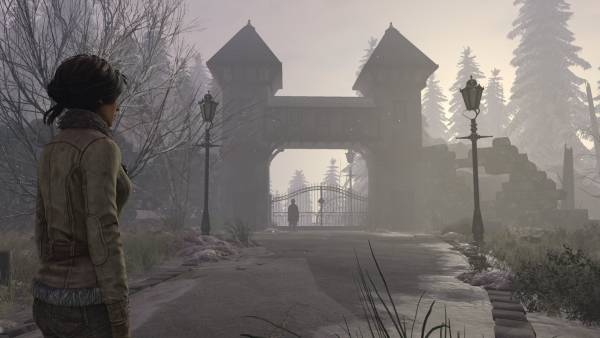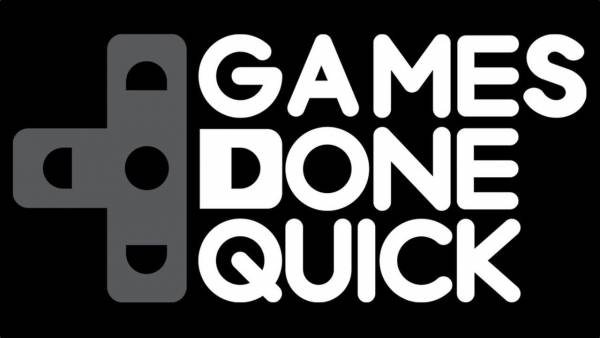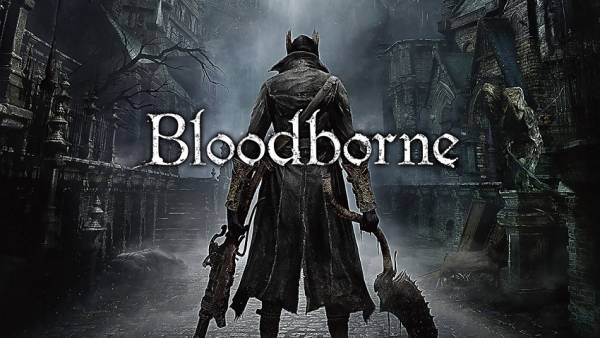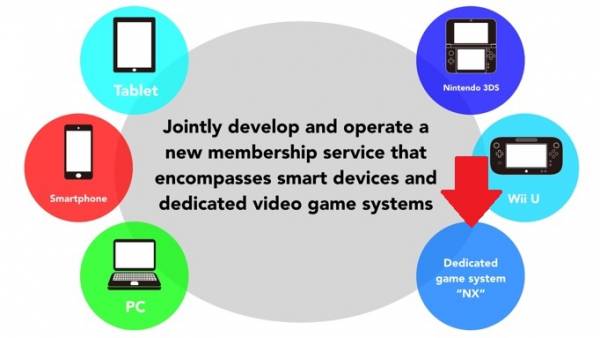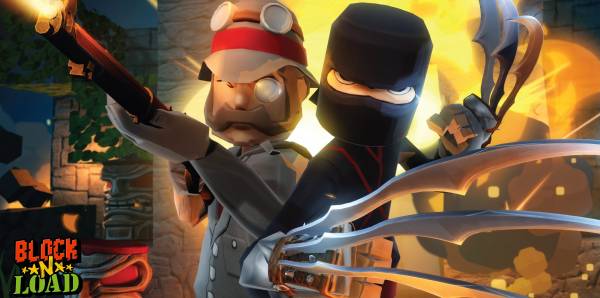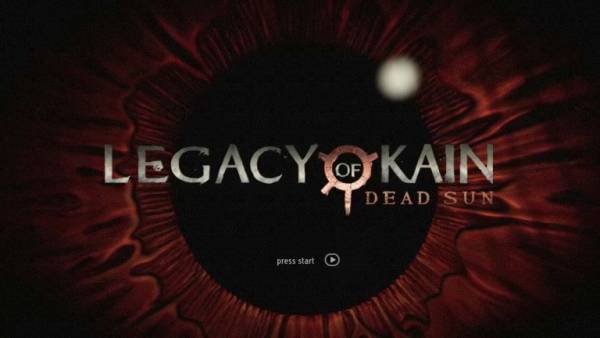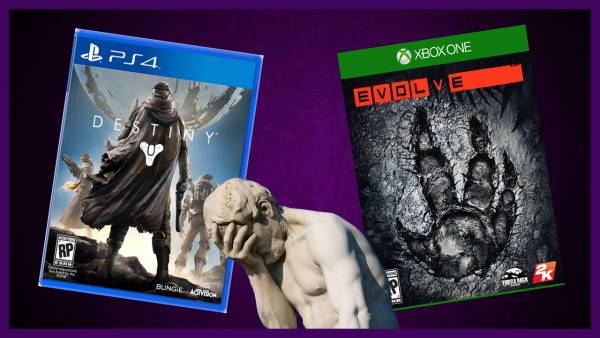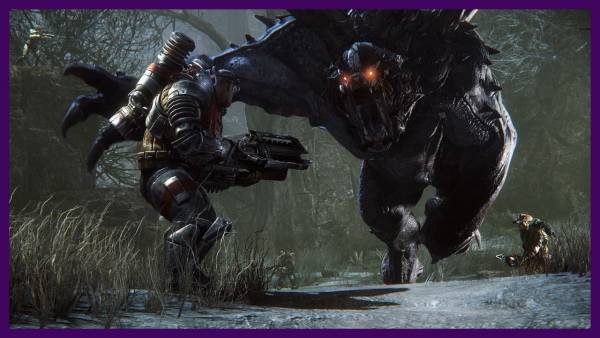Microtransactions: the lurking force in video games that are becoming ever more popular and working their way into industry titles, something that some gamers increasing feel can ruin the future of gaming.
Microtransactions first became popular on mobile gaming apps, with those such as Candy Crush and even Angry Birds getting players to pay for extra lives and upgrades. These games are advertised as ‘free-to-play’ however, to progress fast or unlock any extras it often means looking into your wallet, and yes you can take a route without handing over any money, but that seems to be getting harder.
If you take a look at Google Play or the App Store the majority of top grossing maps are advertised as free. These companies make it very easy for players to fall into handing over whatever amount of money they decide (the Big Bang Special Edition car in Angry Birds Go! costs players $99.99) for that instant feel of gratification.

When microtransactions work they can be fantastic for developers to make money, especially for small companies or one-man teams who create many of the mobile gaming apps, but it’s a problem when they ruin the balance of the game.
Take ‘War Thunder’ as an example, the title is currently in beta but a fantastic game as it stands already. It is free to play and download, with the in-game currency being Golden Eagles. Many players purchase the Golden Eagles to progress faster and access new aircraft, but it isn’t a huge disadvantage if you choose not to. This is where I feel microtransactions work well, with a developing game that gives the money that enables the developers to improve the game, creating a wonderful developer/consumer relationship.

However, the move has now been made to full-priced games, from Forza Motorsport 5 and Grand Theft Auto V bringing angst to many players. By adding on extra costs to the £50 the player has already paid, it could just be a survival strategy for publishers, but it’s an unwanted gesture to a group of people who aren’t famous for their love of change.
Microtransactions aren’t new to console games with Mass Effect 3 and Dead Space 3 trying it out. While the system in Mass Effect 3 worked, the same can’t be said for Dead Space 3 which flopped. Blizzard even had to axe real and in-game money systems from Diablo 3 after they saw it taking away from “[the] core reward loop” Game Director Josh Mosqueria noted.
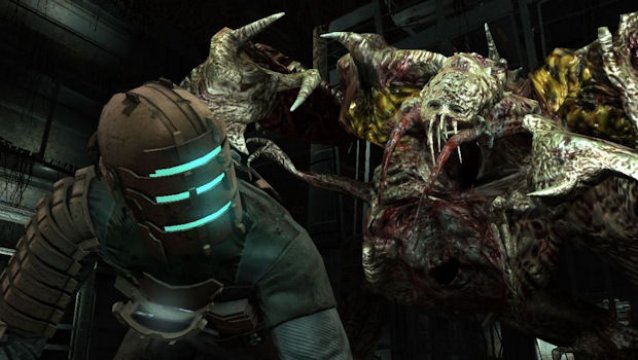
Ruining the reward system is player’s biggest issue with microtransactions. They can tamper with the games core experience, and making players frustrating that they aren’t progressing, not for a lack of skill, but due to an unbalanced system.
Take a look at what Viceral’s John Calhoun said to CVG last year: “There’s a lot of players out there, especially players coming from mobile games, who are accustomed to micro-transactions. They’re like “I need this now, I want this now”. They need instant gratification. So we included that option in order to attract those players, so that if they’re 5000 Tungsten short of this upgrade, they can have it.”
Gran Turismo 6, along with Forza Motorsport 5 has become poster children for the debate; Sony Worldwide Studios President for SCE Shuhei Yoshida took to Twitter to defend microtransactions after the price list for Gran Turismo 6 were revealed.
@Km2000gt read the posts, the game is just offering an alternative path to busy people. Read reviews when they come out.
— Shuhei Yoshida (@yosp) December 4, 2013
@ThyDarkAngel microtransaction per se is not a bad thing, how the game is designed around it could become a problem
— Shuhei Yoshida (@yosp) December 4, 2013
Still, many gamers have the view that microtransactions should not be a part of console games at all, with future titles looking more like a cash register than something created with passion.
“Why are publishers so eager to implement solutions like that? They’re living in a world where the total growth of the install base of the market is of grave concern,” said Greg Richardson, CEO and founder of free-to-play developer Rumble Entertainment.
Is this a good enough excuse when it’s making their market angry? Respawn Entertainment made the decision to exclude microtransactions from the upcoming Xbox One title Titanfall. “We want to make sure people understand we’re not going to nickel-and-dime you with microtransactions,” producer Drew McCoy told GameSpot. “What you get on the disc is what you bought, and that’s how we’re going to do it.”

In short, microtansctions are great, as long as they don’t damage the games integrity, which can be very difficult for developers to get back. But, when are done badly and tip the games systems or make players feel as if they are missing on something big if they don’t pay over is when it can ruin a game completely.
